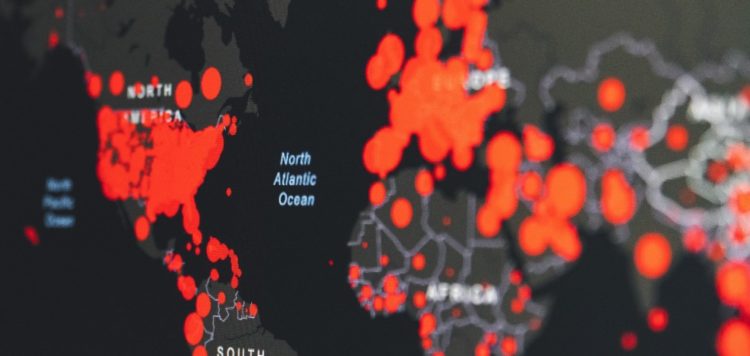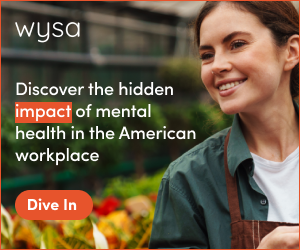The COVID-19 pandemic has undoubtedly changed the lives of people everywhere, disrupting the way they live, work and socialize. With vaccines and treatments now widely available, and the new variants of the SARS-CoV-2 virus proving less dangerous than the initial strains, many had hoped that 2022 would be the first “COVID-free” year. The reality, however, seems to be much more nuanced. According to the Center for Disease Control and Prevention (CDC), primary vaccination against SARS-CoV-2 is still recommended for Americans aged 6 months and older, and the boosters for everyone aged 5 years and older.
The CDC goes on to say that all the vaccines that are now available in the US have proved to be essential for protecting the individuals who used them—especially those who received the booster—from developing a more serious variant of the disease that could require hospitalization or even become life-threatening. As with numerous other viral diseases, people are better protected when they stay up-to-date with the recommended vaccines. However, there is more information about COVID-19 than only vaccination regulations.
The Virus That Causes COVID-19 Continues to Mutate
According to the World Health Organization (WHO), SARS-CoV-2 will continue to evolve as time passes. While most variants will probably leave the virus’ properties unchanged, some changes have the potential to alter those important properties, thereby forever changing the way SARS-CoV-2 spreads, the severity of the disease, and even the way people respond to certain vaccines and treatments. These variants are called variants of concern and they are extremely important as diagnostic tools and when it comes to developing new vaccines and treatments.
COVID-19 Pandemic Prevention Is Still Important
The WHO teamed up with the World Bank to develop a financial intermediary fund (FIF) that will finance important investments to extend pandemic prevention, preparedness, and response (PPR) in several countries. The decision was made after analyzing the devastating effects of the pandemic. While FIF is expected to provide support, especially for low- and middle-income countries, it’s important to note that it has been created by the US, Italy and Indonesia as part of their G20 presidencies.
Protecting Americans From Future Pandemics
According to the CDC, its Division of Global Migration and Quarantine (DGMQ) now focuses on preventing the spread of disease in today’s interconnected world. With 1 million people traveling to the US every day, CDC’s DGMQ struggles with the important task of protecting public health at US ports of entry while also keeping Americans safe during travel. Although the US has a responsibility to protect its citizens, it will also have a global leading role in the prevention of and response to future pandemics.
The COVID-19 Pandemic Might Not Be Over
Despite the fact that most people have already resumed their normal lives, the pandemic isn’t over yet, according to the Mississippi State Department of Health (MSDH). Not only have cases been climbing steadily since June, but vaccinated people could face reinfection in autumn or winter as temperatures drop. According to scientists and policy-makers, the COVID-19 pandemic could soon become endemic, essentially transforming COVID-19 into a disease that people could learn to live with—like the seasonal flu or influenza.
Developing New Vaccines and Treatments
The COVID-19 virus continues to evolve, and so should vaccines and treatments. The good news is that many pharmaceutical companies in the US and abroad continue to study the virus and develop vaccines and treatments. Recently, Pfizer asked for full approval of Paxlovid from the Food and Drug Administration (FDA). Even though the treatment has already received Emergency Use Authorization from the FDA, Pfizer believes it can be used to treat more patients.
The pandemic may have lost its grip on the US, but this doesn’t mean the crisis is over. The SARS-CoV-2 virus remains troubling. However, as the US moves from dealing with a COVID-19 pandemic to an endemic health issue, scientists and policymakers are doing their best to prevent a future crisis, and develop better prevention, preparedness, and response tools.


























